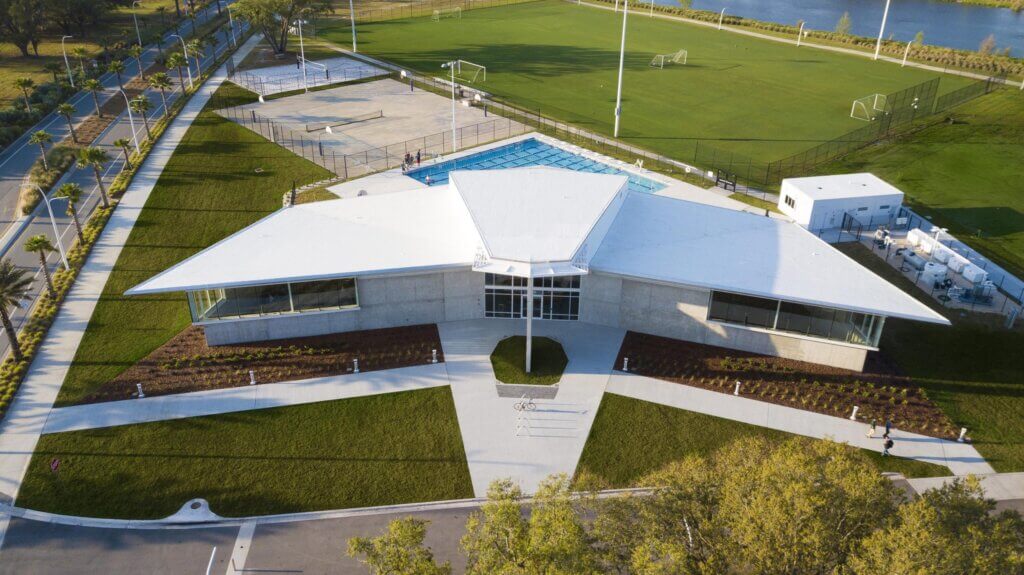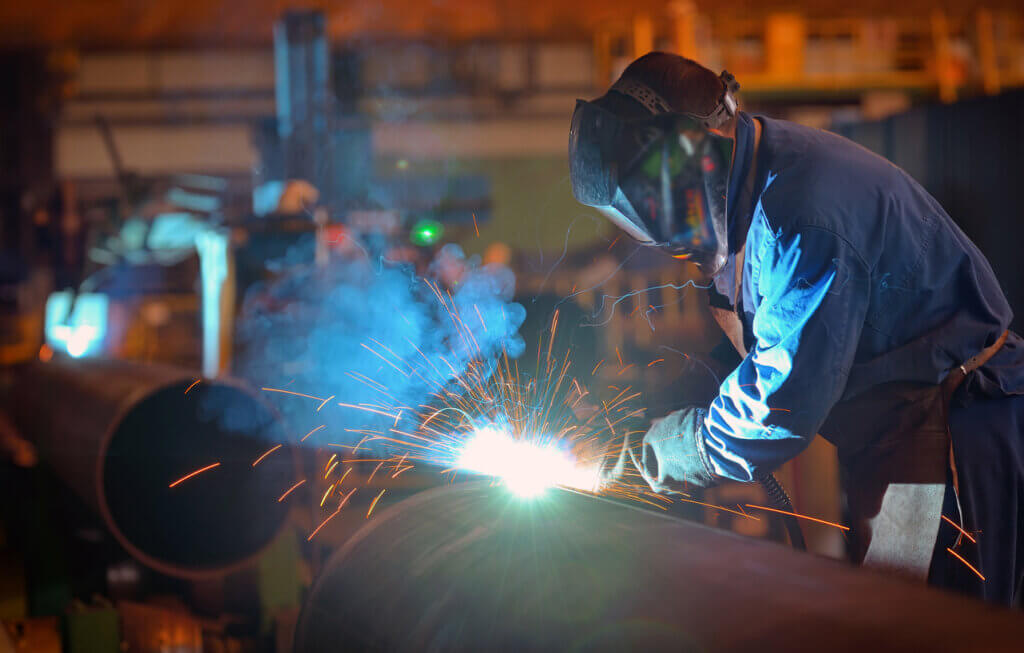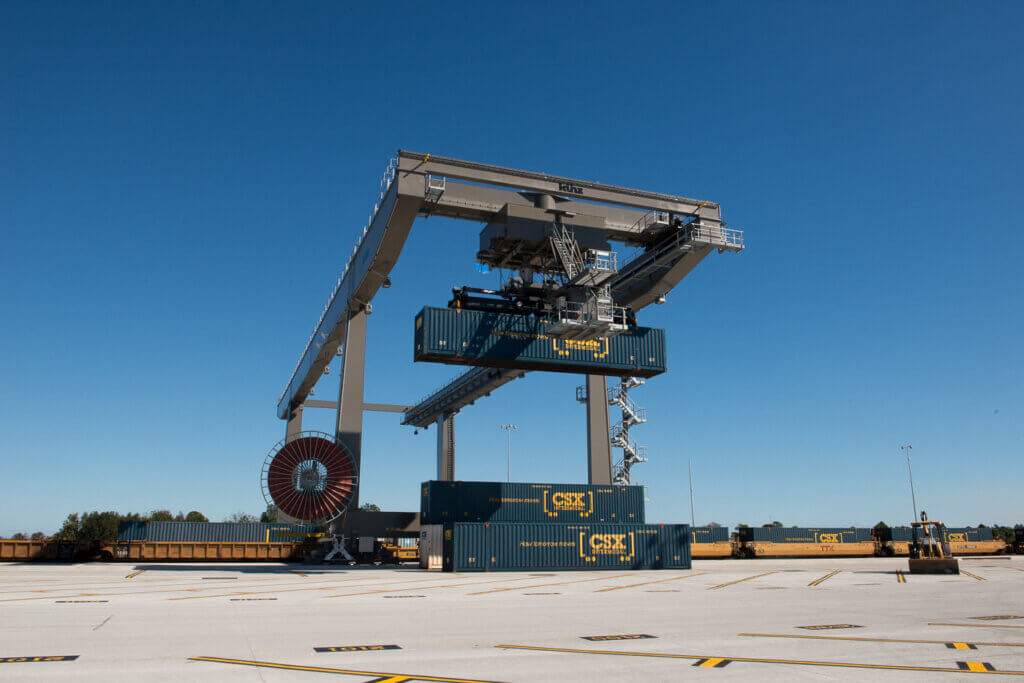New Website, Grants Show the Power of the Arts in Lakeland
The Lakeland Mayor’s Council on the Arts has been busy, handing out nearly a quarter of a million dollars in grants and unveiling a new website.
The arts are a critical component in every community, enhancing residents’ experiences and helping attract newcomers to the area. In Polk County, the arts provide an economic impact of more than $46 million, employ almost 1,500 people and attract nearly a million people to performances and exhibits (pre-COVID numbers). That helps attract new businesses and industries to the area.
“Economic development is catapulted by the arts,” said Lakeland Mayor Bill Mutz. “When new companies and citizens see art within the corridors of the city and hallways of commercial businesses, institutions, theaters and schools, they know they are in a maturing city.”
But it goes further, he said. “Innovation and arts spawn even greater creativity. Creativity overcomes hurdles and solves complex problems with greater ease. Cities that learn to engage their citizenry this way find more robust harmony. Arts matter and the new website will help to propel awareness and participation to that end.”
The Lakeland Mayor’s Council on the Arts envisioned the new website, LkldArts.org, as a portal to “further position Lakeland as an arts destination,” said council Chairman Craig Collins, dean of the College of Arts & Media at Southeastern University. “LkldArts is branded and marketed in an effort to promote a one-stop hub for all of Lakeland’s arts scene.”
MADE Brands of Lakeland designed the new site and is working on developing a second phase, Collins said.
Brad Lunz, the president of The Lunz Group, said the arts are important for businesses — one reason he serves on the council. “I work in a creative industry and employ high-skill, high-wage people. The arts are extremely important for recruitment and retention.”
Eleven Receive Grants
The Lakeland City Council formed the arts council in 2014 to “further the enhancement, promotion and support of Lakeland’s arts community and its associated creative economy.” It named local organizations to sit on the council, whose 27 members meet six times a year. Members also promote the city’s grant program and oversee public art selections.
This year, 11 of 18 organizations that applied received grants totaling $235,617, funded by the city of Lakeland. Community arts advocate Michael Maguire donated $26,831, assuring each of the 11 organizations received the entire amount they were seeking. Including that money, the amount awarded totaled $262,448.
“Competitive grants are purposed to enhance cultural arts programming for arts-related nonprofits and individual creatives, demonstrating economic impact and community partnerships among the criteria,” Collins said.
The winners included the Polk Theatre, Florida Dance Theatre, Imperial Symphony Orchestra and Explorations V Children’s Museum, showcasing the variety of arts available in Lakeland.
Lunz said the arts provide a voice for what’s happening in our community. “You don’t always agree with it, but it starts conversations and allows for inclusivity,” he said. “It’s expression, an abstraction. It offers depth. The arts have to exist simultaneously with the community, like the spice that makes the broth deeper and richer.”
The arts, in all forms, enrich us, Lunz said. “I couldn’t imagine a world without the arts.”
Economic Scope
Nationwide, the arts contribute more than $800 billion a year to the U.S. economy, according to the U.S. Bureau of Economic Analysis. Before the coronavirus hit, more than 5 million Americans worked in the creative industries, which saw a 4.2% annual growth rate (compared to 2.2% for the entire economy from 2014-16).
“The data is quite compelling and provides credence that municipalities luring creative capital to their borders, while providing a vibrant arts and culture scene, stand to benefit most,” Collins said.
Meri Mass, executive director of the Polk Arts Alliance, agreed.
“Arts & Economic Prosperity 5 (the 2015 economic impact study) provides evidence that the nonprofit arts and culture sector is a significant industry in Polk County – one that generates $46.6 million in total economic activity,” Mass said. “This economic impact study sends a strong signal that when we support the arts, we not only enhance our quality of life, but we also invest in Polk County’s economic well-being.”
The council recognizes the value of the arts to a city and its branding. “The Mayor’s Council on the Arts is intentionally enhancing Lakeland’s brand for the arts as we believe arts-related investments promote economic development on the local level,” Collins said. “In thriving cities, most often one will find the creative industries centrally located or at least in close proximity. Virtually speaking and through LkldArts, we’re placing the city’s arts programming in close proximity.”
For now, the information on LkldArts is limited, but a committee is studying adding arts nonprofits not named in the resolution that formed the council. “This committee will consider efforts to develop inclusive practices and how they are infused within LkldArts’ current practices and marketing efforts,” Collins said.
Committee members include Pal Rivers Powell (chair), deputy director of operations for the Polk Museum of Art; Chandra Frederick, assistant county manager; Joe Tedder, tax collector for Polk County; and Beth Mason, former chair of the Florida Arts Council.



